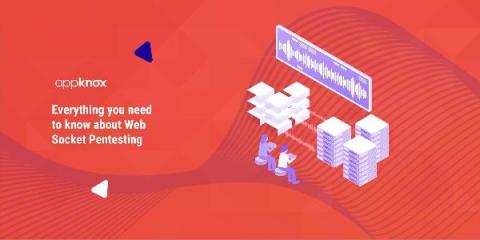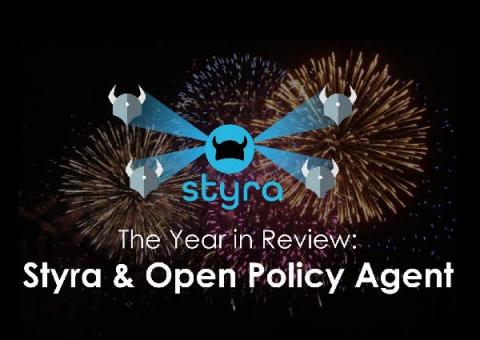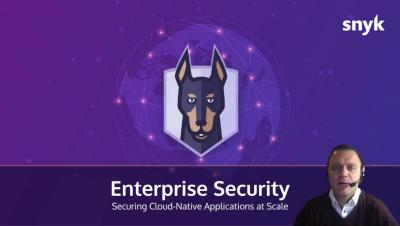Everything You Need to Know About Web Socket Pentesting
WebSockets is a bi-directional, full-duplex communications protocol initiated over HTTP. They are commonly used in modern web applications for streaming data, Chat applications, and other asynchronous traffic. It is a protocol where the client and server can send the messages simultaneously over the channel.











